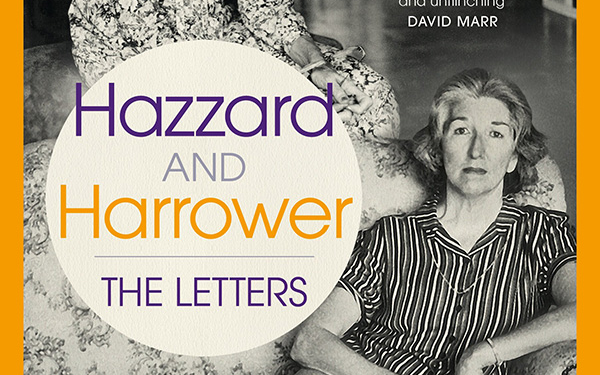Dark-Land: Memoir of a secret childhood by Kevin Hart
Kevin Hart’s Dark-Land is the memoir of a distinguished poet and scholar who was born in England in 1954, moved with his family to Queensland when he was eleven, and migrated again in 2002 to the United States, where he is currently Professor of Christian Studies at the University of Virginia. Dark-Land is well-written and amusing, with memorable vignettes ranging from his time in a London primary school to his bonding as an Australian teenager with his cat Sooty. On a wider spectrum, though, Dark-Land addresses more weighty concerns around time, memory, and intellectual or religious illumination. He recalls as a child listening to a BBC performance of the allegorical journey invoked in John Bunyan’s Pilgrim’s Progress, and he describes himself now as ‘still clambering up the hill I had known since childhood in London’. The title of his memoir signals this putative passage from darkness into light.





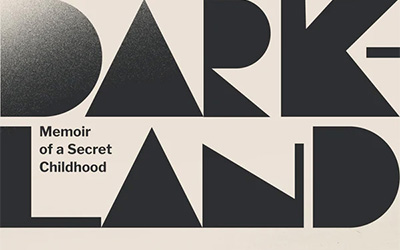
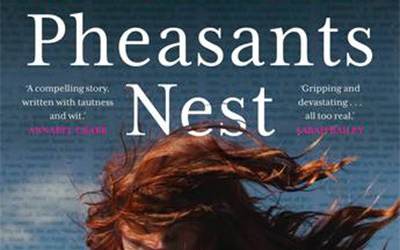
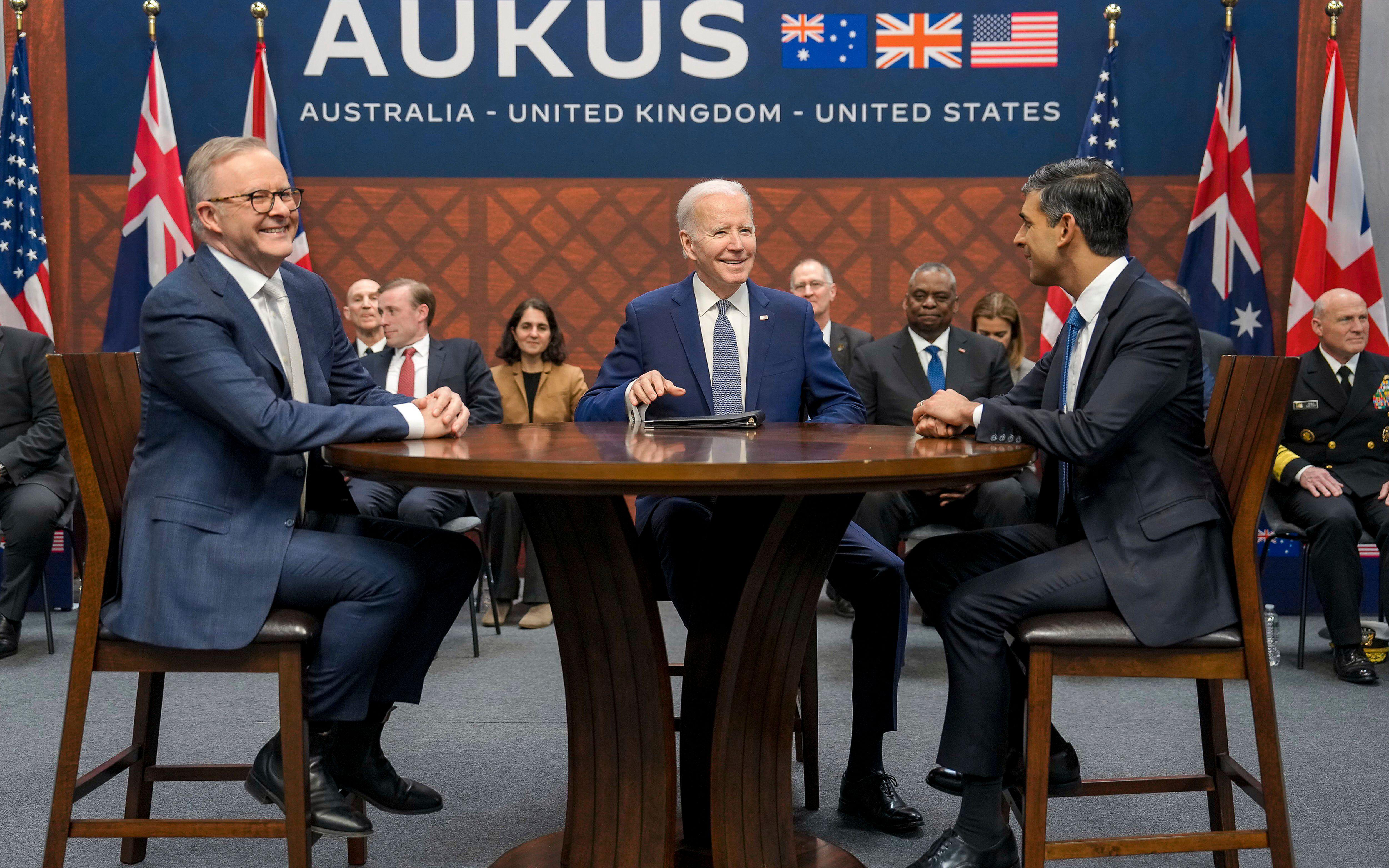
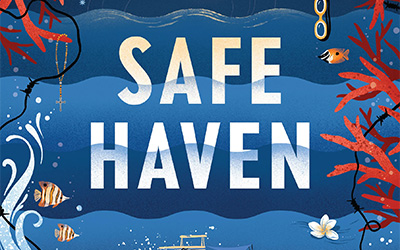
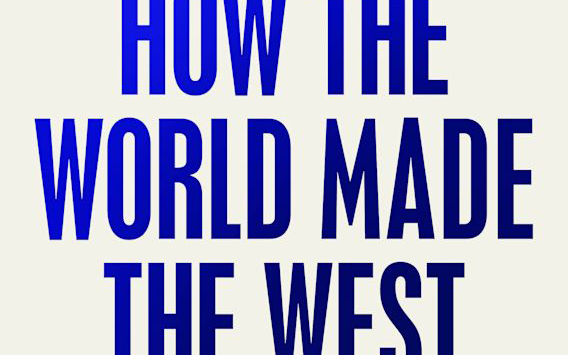
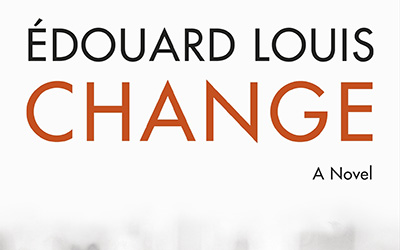
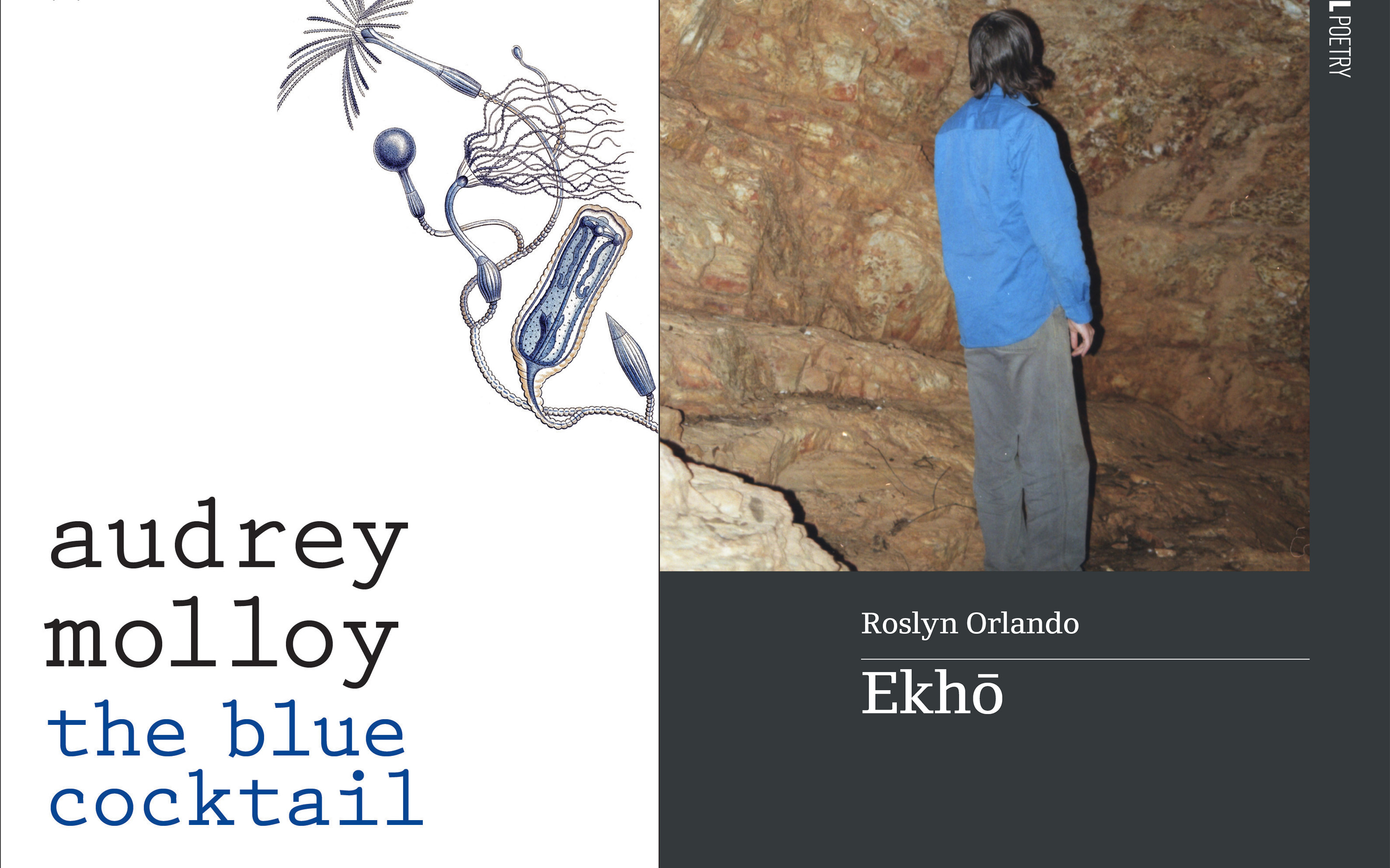
-FEAT.png)

